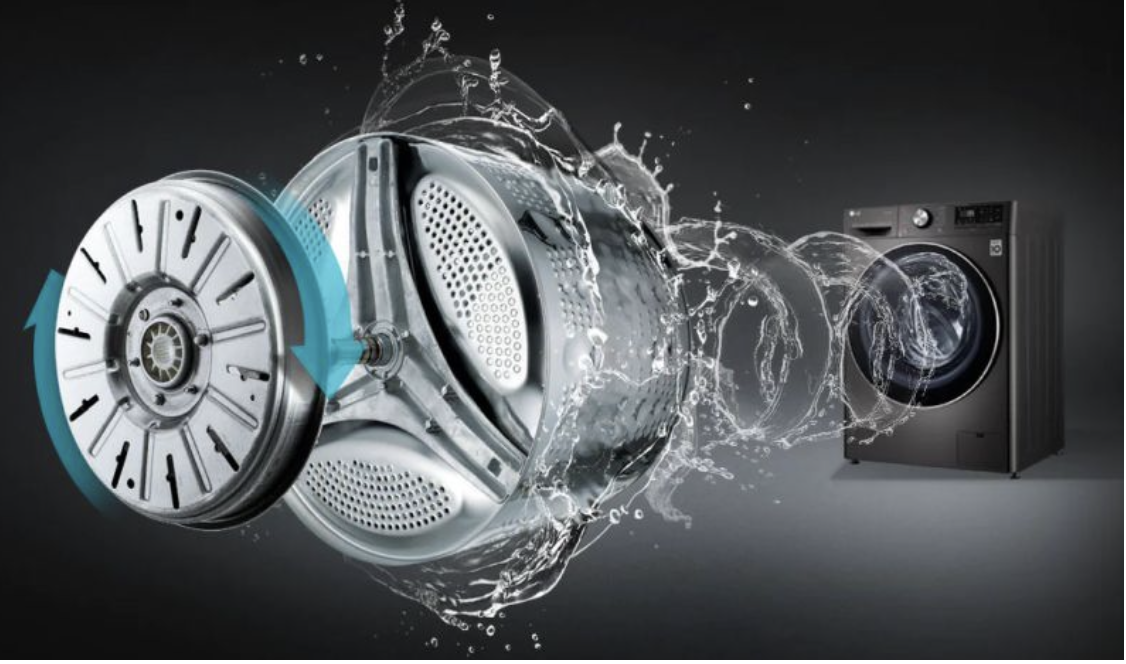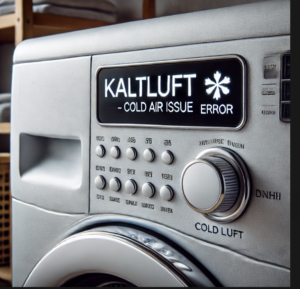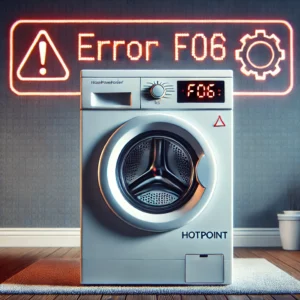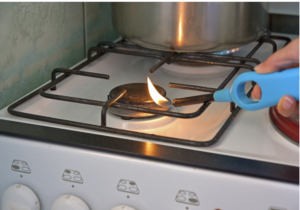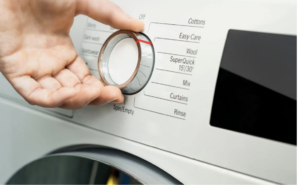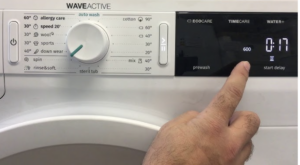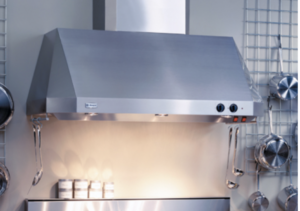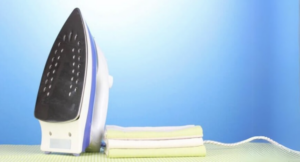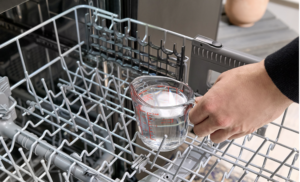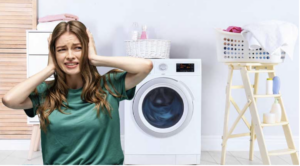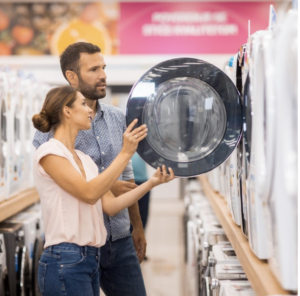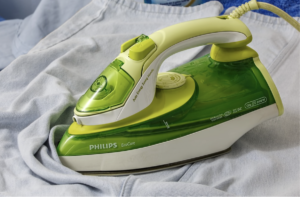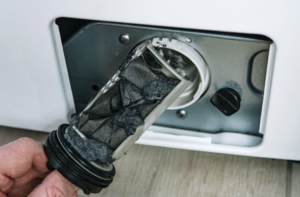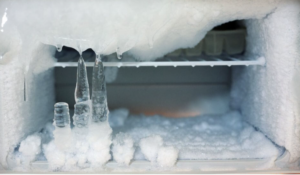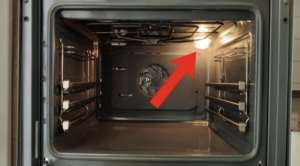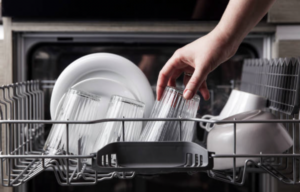
Why should the washing machine have an inverter motor?
In the world of constantly evolving technologies, washing machines also receive quite a few innovative solutions. This is an undoubted advantage for every user, since these machines are one of the most important household appliances. They save time, as new models of washing machines clean clothes better and faster.
Many of us don't replace our appliances very often. They last for years, and they require periodic maintenance. If you've had a washing machine for more than 5 years, now might be a good time to upgrade. There are many new models with improved features that are designed to increase efficiency. One of them is inverter technology.
You may have heard of air conditioners and refrigerators that work on a similar principle. Now inverter washing machines are among the hits in the home appliance market. What makes them different and what are the advantages?
In the past, consumers' choices were mainly between front-loading and top-loading appliances. With the advent of inverter technology, washing machines have become part of the "smart" household appliances. New models of appliances are equipped with a motor that can change its speed.

The inverter motor is connected to a control board, which is a clutch-driven system. Its function is to reduce friction. Since this technology has fewer moving parts and less wear, the washing machine becomes more durable, requires less maintenance and provides better washing results.
Inverter machines use a technology called variable frequency drive (VFD) or direct drive motor (DDM). They can also be defined as the brains of the washing machine. They are equipped with sensors that weigh your laundry, sending a signal to the microprocessor which program to use and how fast the drum should spin. This not only saves energy, but is also one of the factors that makes the appliance more efficient in washing, lower in consumption, and most importantly, quieter.
Traditional washing machines use fixed-speed motors. They operate at their maximum spin speed, regardless of the load. Modes such as “soft wash” or “delicate wash” can save energy, but they usually reduce washing efficiency. Such non-inverter (regular brush motor) washing machines can be quite noisy and vibrate too much, not to mention they consume more resources and electricity.
Inverter washing machines are available with a motor that operates with variable frequency, or a brushless motor. The machine automatically chooses how long it will wash and adjusts the drum speed accordingly. If the weight of the laundry is less than the capacity of the machine, it spins for a much shorter time because it calculates that no more is needed. This saves electricity. If the weight corresponds to the capacity, the drum runs for the maximum time for the program, so that your clothes are washed qualitatively.
A variable speed motor is more powerful than a conventional one, with some higher-end washing machines having modes that are said to provide 10% better performance. In addition to energy savings, inverter appliances offer other significant advantages. Because their variable motors operate at multiple speeds, manufacturers provide more combinations of drum movements, which results in a better wash.
Among other things, such motors vibrate less and make almost no noise during operation. Inverter washing machines are also more durable. The motors of conventional models drive the belt to rotate the gears and the drum. Due to friction, these components wear out over the years of use. Inverter washing machines have fewer moving parts. Washing machines can be inverter with a belt and without a belt. As for those with a belt, it doesn't matter, things don't change, the washing quality is the same. Only LG, SAMSUNG washing machines, and 1 other sub-brand of the brand have the DIRECT DRIVE option (A MOTOR THAT IS SCREWED DIRECTLY ON THE DRUM, THAT IS, THERE IS NO BELT). When buying a washing machine, don't get carried away by the fact that the device has an inverter motor, these motors do not fail, 99% of service centers do not replace such motors. BUT, on the other hand, the control board (inverter board) breaks, which is what actually determines the rotation of the motor. There is a chip that overheats at some point in the life of the device and things are serious in terms of repair costs.
There is an option to buy a washing machine without an inverter motor (brush motor), it is an older and also reliable technology, but you should still switch to the new one. And you should not be deterred by the expensive repair of the inverter from buying an appliance with such a motor. After all, it is a certain percentage, usually 30% of the value of the appliance, for such a repair.
Advantages of inverter washing machines:
Quieter |
Economical |
They don't vibrate. |
Less maintenance |
Better cleaning in the long run |
